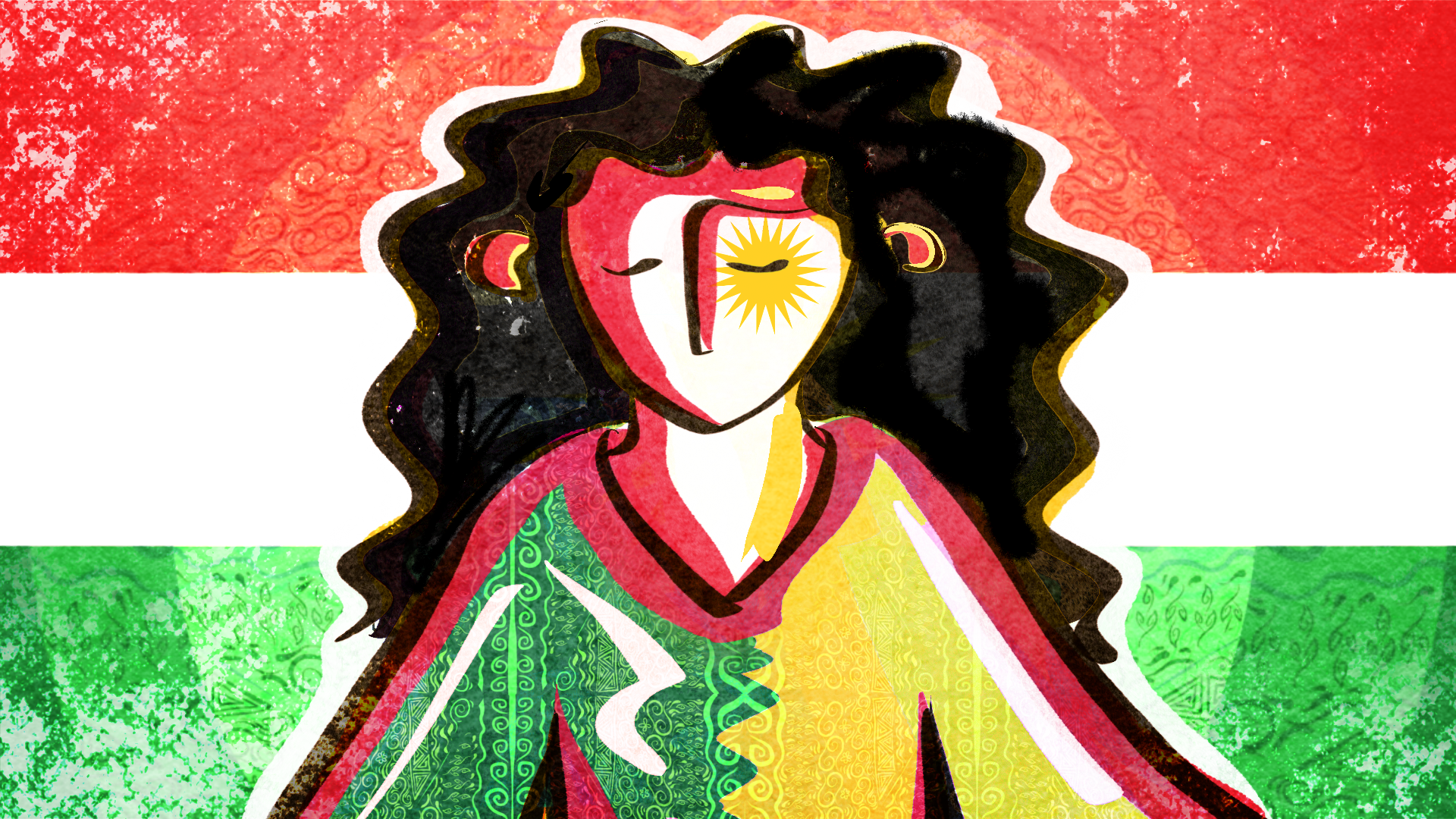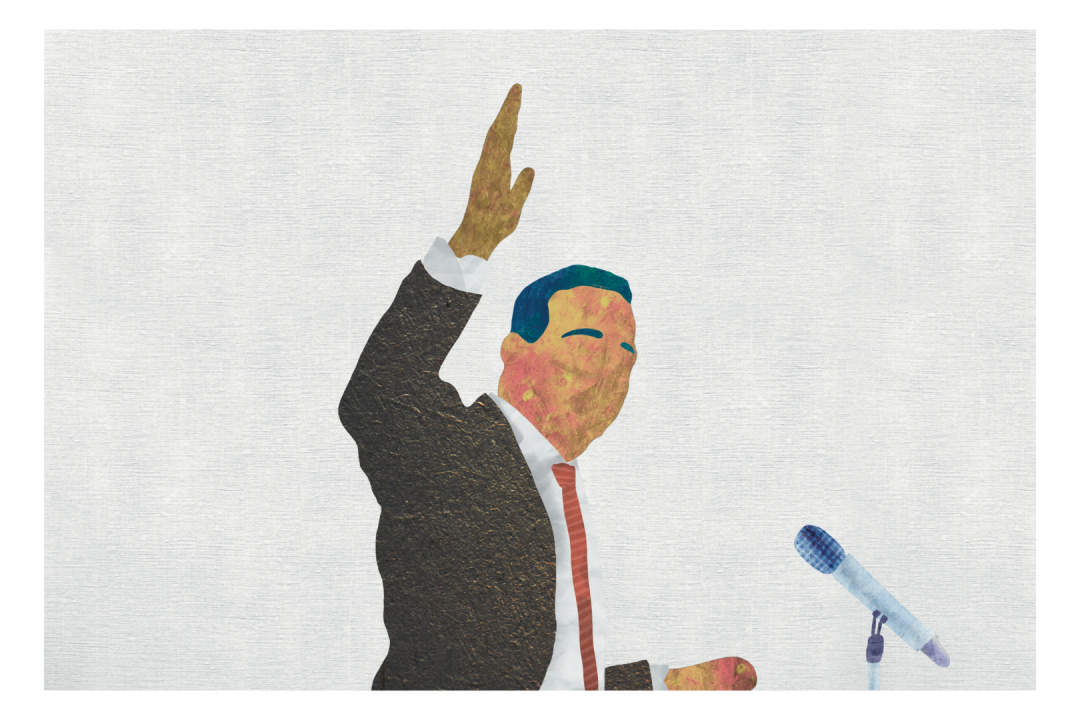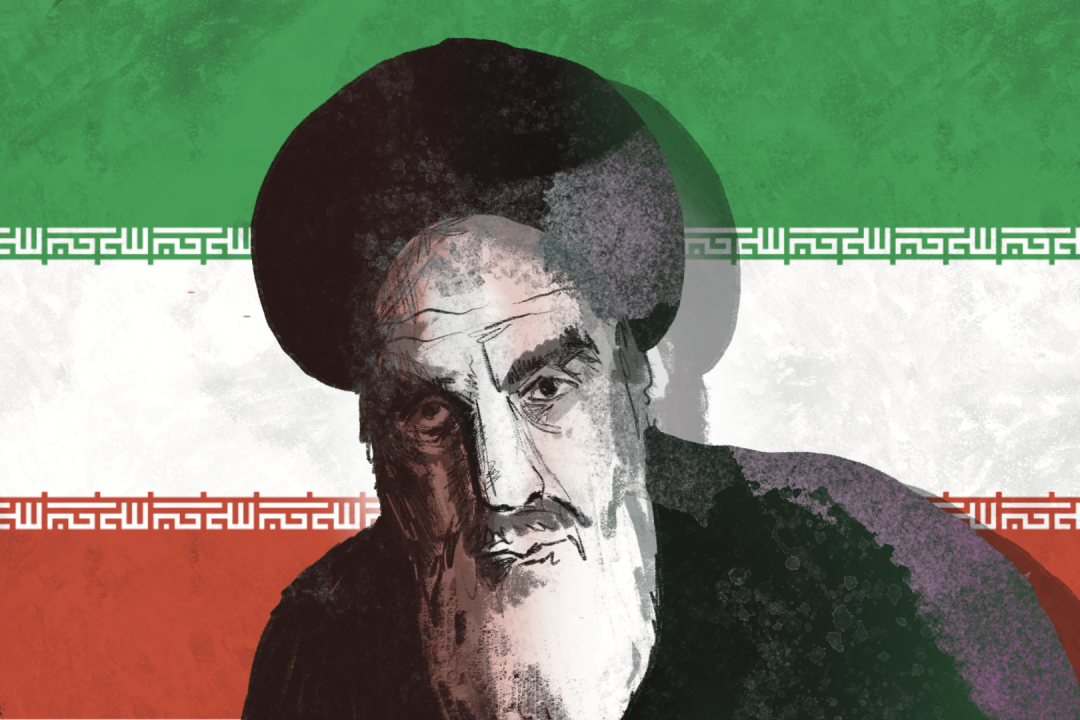
"Kurdish Women: Past and Present Empowerment"
By: Solin Salim YounesThe transformation of Kurdish women's roles and status over time reflects the intricate dynamics within Kurdish society. The journey of Kurdish women, from their historical experiences to their present-day achievements, offers a compelling narrative of resilience, change, and progress. This article aims to provide a comprehensive and extensive exploration of the differences between Kurdish women in the past and present, shedding light on the multifaceted factors that have shaped their lives and influenced their standing within society.
Abstract:
This article explores the transformation of Kurdish women's roles over time, comparing their past and present positions. It examines historical challenges, such as limited access to education and restricted mobility, as well as patriarchal dynamics and gender-based violence. The study highlights the strides made by Kurdish women in terms of empowerment, political leadership, and workforce participation, fueled by political changes and grassroots activism. It also addresses ongoing obstacles, including gender-based violence and societal expectations. The article emphasizes the need for further advancements while contributing to a deeper understanding of gender and social change in Kurdish society.
Introduction:
Kurdish society, with its rich cultural heritage and diverse ethnic makeup, has witnessed profound shifts in the roles and status of women (Al-Ali & Pratt, 2011). Understanding the historical context is crucial to comprehend the challenges faced by Kurdish women in the past. For centuries, Kurdish women grappled with deeply entrenched cultural norms and patriarchal structures that limited their agency and opportunities (Bengio, 2016). Traditional roles confined them within the boundaries of the family and community, where their access to education was curtailed, their mobility restricted, and their voices often silenced.
The empowerment of Kurdish women has been supported by women's rights organizations, legislative reforms, and policy changes aimed at promoting gender equality and protecting women's rights (Davis, 2012). However, challenges such as gender-based violence, societal expectations, and political instability persist (Joly & Bakawan, 2016). Despite remarkable progress, sustained efforts are needed to overcome these obstacles and fully realize Kurdish women's rights and aspirations. The journey of Kurdish women represents a remarkable transformation, inspiring us to create inclusive societies that enable women to thrive and contribute to their communities.
Historical Context and Traditional Roles:
To fully comprehend the evolution of Kurdish women, it is imperative to delve into the historical context that has profoundly impacted their experiences. In the past, Kurdish women faced numerous challenges resulting from deeply rooted cultural norms and societal restrictions. They were confined to traditional roles within the family and community, with limited access to education and restricted mobility (Al-Ali & Pratt, 2011). The patriarchal structures prevalent in Kurdish society dictated their lives, often resulting in arranged marriages, honor codes, and gender-based violence. Kurdish women were marginalized, their voices silenced, and their decision-making power curtailed.
The Present:
Strides Towards Empowerment: In recent years, Kurdish women have made significant progress in challenging and reshaping traditional norms, asserting their rights, and working towards empowerment (Bengio, 2016). The past decades have witnessed transformative changes in Kurdish society, marked by political shifts, social movements, and grassroots activism that have played pivotal roles in driving these transformations. Kurdish women have emerged as influential figures in political leadership, education, and workforce participation. They have shattered barriers, overcome obstacles, and made substantial contributions to their communities (Davis, 2012). Kurdish women are increasingly advocating for gender equality, both within their own communities and on broader platforms, making their voices heard and demanding meaningful change.
Women's Rights Organizations and Policy Reforms:
The advancement of Kurdish women has been facilitated by the establishment of women's rights organizations and the implementation of legislative and policy reforms. These initiatives have aimed to promote gender equality, protect women's rights, and eliminate discriminatory practices (Gourji, 2016). Women's rights organizations have provided vital support networks and safe spaces for Kurdish women to share their experiences, seek guidance, and develop strategies for empowerment. Legislative and policy reforms have sought to remove legal barriers, enhance access to education and healthcare, and provide protection against gender-based violence. The increased focus on women's empowerment has paved the way for Kurdish women to assert their agency, challenge societal norms, and actively participate in shaping their own destinies.
Challenges and Ongoing Struggles:
Despite the remarkable progress made, Kurdish women continue to face numerous challenges in their pursuit of equality and empowerment (Joly & Bakawan, 2016). Gender-based violence remains a pervasive issue in certain regions, hindering the freedom, safety, and well-being of Kurdish women. Societal expectations and deeply entrenched cultural norms still pose significant barriers, impeding the full participation and empowerment of Kurdish women. Additionally, armed conflicts and political instability in some areas have disproportionately impacted Kurdish women, exacerbating their struggles and creating additional hurdles to progress. These challenges highlight the need for sustained efforts to address the systemic issues, promote social change, and foster an environment conducive to the full realization of Kurdish women's rights and aspirations.
Intersectionality and Future Prospects:
Recognizing the intersectionality of Kurdish women's experiences is crucial in understanding the complex web of factors that influence their lives. Kurdish women navigate not only gender-based discrimination but also intersecting identities such as ethnicity, religion, and geographic location, which further shape their experiences and opportunities. Policymakers, activists, and scholars must take into account these intersecting identities when designing initiatives and interventions aimed at promoting gender equality and empowering Kurdish women. An inclusive and comprehensive approach that addresses the unique challenges faced by Kurdish women in different contexts will be essential for meaningful progress. By acknowledging and addressing these complexities, society can better support Kurdish women and create opportunities for their advancement.
Conclusion:
The evolution of Kurdish women's roles from the past to the present represents a remarkable journey toward empowerment and gender equality (Al-Ali & Pratt, 2011). While significant strides have been made in terms of education, political representation, and societal recognition, there are still formidable challenges to overcome. Gender-based violence, societal expectations, and the impact of armed conflicts persist as obstacles to Kurdish women's advancement. However, the resilience, activism, and determination displayed by Kurdish women offer hope for a more equitable future. By shedding light on the transformation of Kurdish women's lives, this article contributes to a deeper understanding of the complex dynamics surrounding gender and social change in Kurdish society (Bengio, 2016). It is crucial to continue supporting the empowerment of Kurdish women, fostering a more inclusive and equal society for all. Only through sustained and collective efforts can the full potential of Kurdish women be realized, ensuring a future where they can thrive and contribute to the progress of their communities and society as a whole (Davis, 2012; Gourji, 2016; Joly & Bakawan, 2016).
References:
- Al-Ali N., Pratt N. (2011). Between nationalism and women’s rights: The Kurdish women’s movement in Iraq. Middle East Journal of Culture and Communication, 4(3), 339.
- Bengio O. (2016). Game changers: Kurdish women in peace and war. The Middle East Journal, 70(1), 30–46.
- Davis M. (2012, August 17). The women’s movement in Kurdistan: Interview with Professor Mary Davis, peace in Kurdistan/interviewer: M. Sirinathsingh. RojWomen.
- Gourji Z. (2016). Political participation of Kurdish women (Persian). Dangi Kurdistan (Voice of Kurdistan).
- Joly D., Bakawan A. (2016). Women in Kurdistan-Iraq: Issues, obstacles and enablers. The International Journal of Human Rights, 20(7), 956–977.



